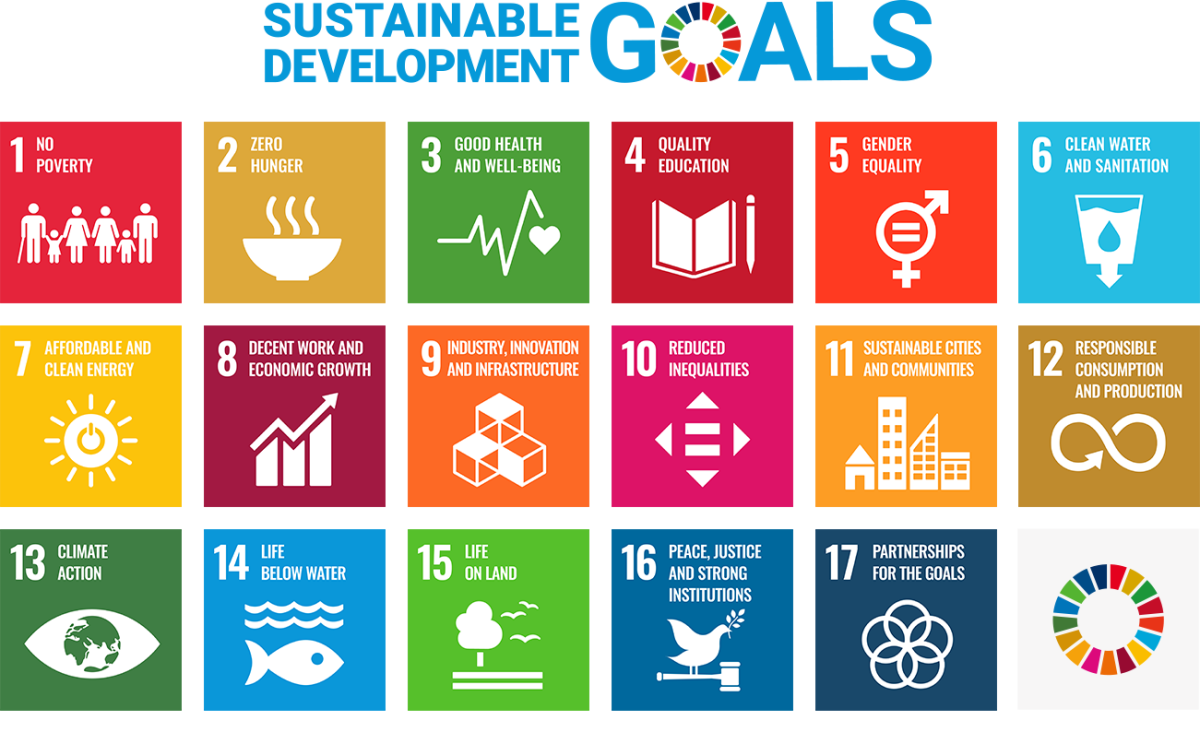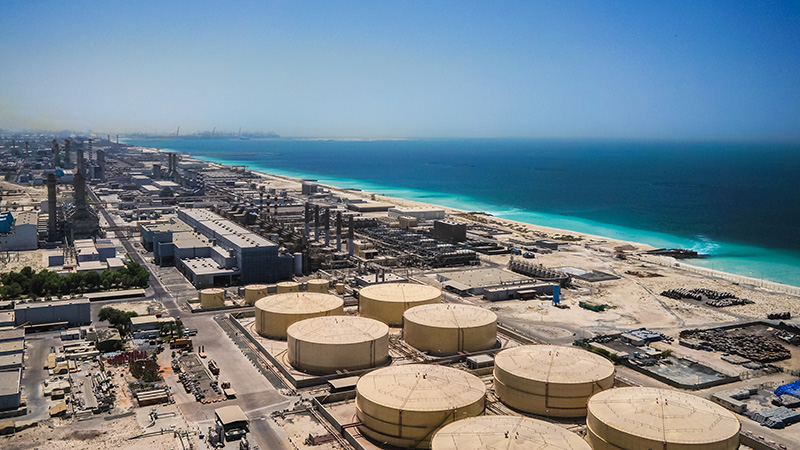Apr
22
Sustainable Development Goals
April 22, 2024 | | 3 Comments

In the Middle East there is a complex issue in relation of how international and domestic factors can empower and hinder their ability make progress towards sustainable development. Domestic factors like weak institutions can limit aid from international organizations or other states themselves. This can be seen in Syria.
The 2023 earthquake that impacted both Syria and Turkey which resulted in Billions of dollars’ worth of damage and injures. International aid was necessary to rebuild. While aid was quickly sent to Turkey, aid to Syria was slower. One reason was because international organizations were concerned the aid would be used for other purposes. Due to the lack of strong institutions in Syria, other nations and NGOs did not want to send them aid. Having a crisis like an earthquake left Syria even more vulnerable to more crisis. As well, Turkey understood that if Syria does not get help, then more Syrians will seek asylum in Turkey. Turkey was able to convince the international organizations and the NGOs to send the aid to them and they will oversee sending the aid to Syria. They were able to create policies and negotiation with Syria that allocated the aid to only be used in certain ways, like rebuilding hospitals, schools, homes. This is only one example of how domestic factors, lack of strong institutions, prevents international factors, aid, from being able foster sustainable development.

Another issue international and domestic factors face is potable water. Specifically, SDG 6, which is about sustainable management of water. One such case was water scarcity in Kuwait. Due to the lack of rivers and lakes Kuwait has no access to freshwater. So, one method that Kuwait uses is desalination. Kuwait has been able to reach 100% potable water for all. Which is a great achievement for a country that has no natural resources. However, their levels of sustainability leave room for improvement. Domestic factors like willingness to cooperate directly impact how international factors or organizations can work. According to UN Sustainable development Goals website, Kuwait is not willing to cooperate with the UN on this SDG. It is likely that desalination is one reason. Desalination results in major concerns from environmental organizations is the salt that is taken out of the water is simply dumped back into the ocean. This results in the ocean water salinity to increase, impacting the ecosystem. Having domestic factors that hinder sustainable development makes it more difficult for international factors to even attempt to work. To create sustainable water management in Kuwait, the leaders need to be willing to follow the more costly or difficult methods and work with other nations to become more sustainable.

Finally, I noticed from my own research of Qatar and listening to other podcasts is, if a country does not want to make change it is difficult to facilitate said change. Many countries like the GCC states have enough money to buy any resources they need. In the future to have greater success over the SDGs there needs to be rules and parameters in place to hold states accountable.
Comments
3 Comments so far
Your discussion about Kuwait and the challenges of sustainable water management underlines another crucial aspect of sustainable development: the need for cooperative approaches and technological adaptation. Although providing 100% potable water through desalination is impressive, the environmental repercussions highlight the broader impacts of such technologies.
It’s intriguing how you connect these scenarios with broader global strategies, such as the Sustainable Development Goals (SDGs), and the importance of international cooperation and commitment. These examples vividly illustrate the necessity for nuanced policies considering environmental sustainability and immediate human needs.
Hi Griffin, thanks so much for a thoughtful response to my blog post!
I enjoyed your blog. It is easy to read, the content is good, and you are an educated writer unlike most of the blogs I come across when searching on this topic. I will check back in the future and see if you have more articles.